Featured Video
Pacers-Knicks Shaqtin' Plays 😅
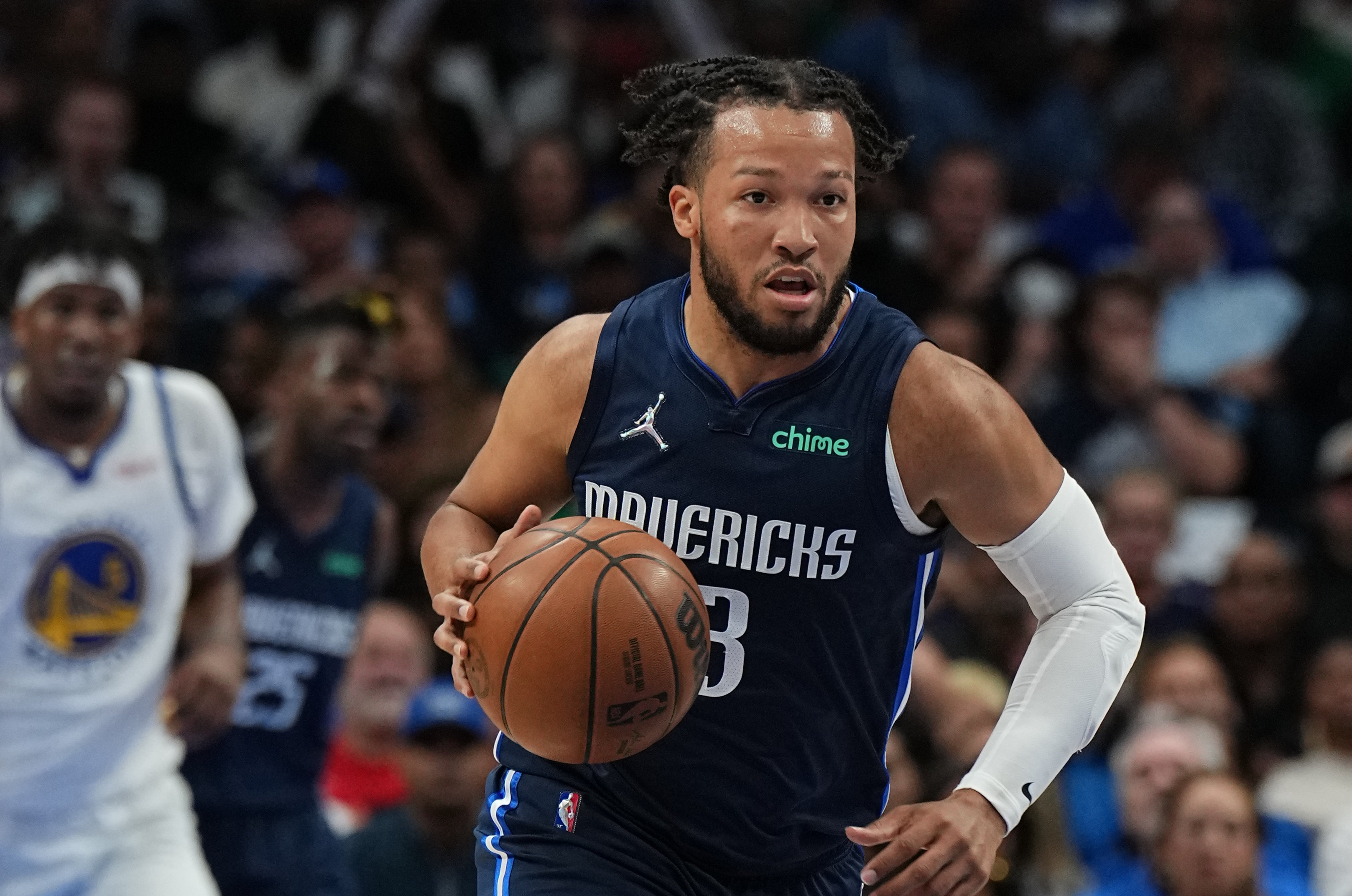
NBA Offseason Takes That Have Gone Too Far
Nobody likes a contrarian, but some of the most prevalent takes on the 2022 NBA offseason need to be reined in.
Groupthink forms faster than ever these days; we all read most of the same outlets and put our trust in some of the same voices. Combine that narrow set of influences with rapid-fire media incentivizing hot-takers who are first rather than right, and you've got the perfect recipe for knee-jerk opinions that take hold of the collective NBA consciousness, despite their lack of nuance. Or, even worse, knee-jerk takes that take hold because they lack nuance.
We'll dispute some of the most egregious examples of that trend, hopefully chipping away at opinions that have calcified too quickly.
This exercise is definitely subject to criticism for setting up straw men, but the alternative is calling out specific thought-leaders by name. Nobody needs that. Hopefully, you'll agree that the takes in our crosshairs are pretty close to conventional wisdom. We spent a fair amount of time canvassing the litany of "Offseason Winners and Losers" out there, and most of them agreed on the stances we're about to challenge.
Let's push back a little, shall we?
The Knicks Blew It
1 of 5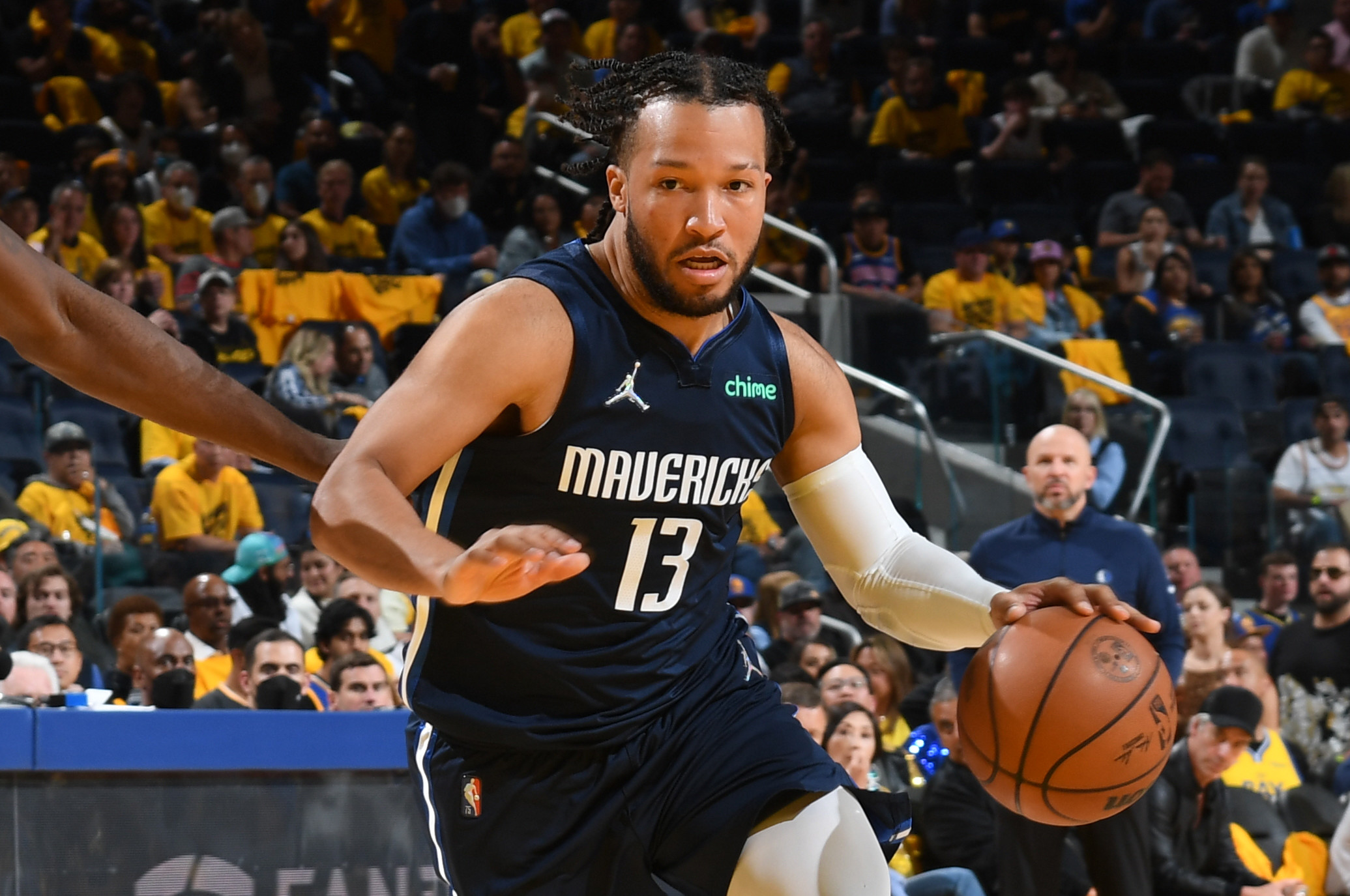
Concession: The nepotistic angles of the New York Knicks signing Jalen Brunson to a four-year, $104 million deal shortly after onboarding his father, Rick Brunson, as an assistant are troubling. Jalen is a Creative Arts Agency client, just as Rick was during his playing days. Rick's agent, Leon Rose, is now the Knicks team president.
The Knicks' CAA ties have been an issue for years.
Putting that aspect aside, New York's offseason wasn't the aimless disaster many saw it to be. Brunson was the second-best player on a conference finalist just a few weeks ago, and he fills a position of great need for the Knicks. His playmaking and shooting will prevent RJ Barrett, Julius Randle and everyone else who matters from another year of shouldering offensive loads that were simply too heavy.
That's worth an average annual salary of $26 million over Brunson's prime years. He's slated to rank 14th among point guards in 2022-23 earnings, which feels about right.
Life will be tougher for Brunson without Luka Doncic by his side, but isn't there something to be said for a player who, entering his age-26 season, decided he wanted to run his own show? That's the kind of defiant confidence that'll play well in Madison Square Garden, and Brunson seems likely to bring the kind of competitive edge head coach Tom Thibodeau demands.
We've so far ignored the lead-up to the Brunson contract, a series of moves to clear the required cap space that may have drawn even more criticism than the signing itself. Ultimately, the Knicks traded the No. 11 pick, six second-rounders and the expiring salaries of Kemba Walker, Nerlens Noel and Alec Burks for three future first-rounders.
Unless someone who was available at No. 11—Ousmane Dieng, Jalen Williams and Jalen Duren came off the board at 11, 12 and 13—is sure to be more valuable than Brunson on his contract plus three future firsts, I'm not seeing a disaster here. The veterans New York gave up weren't needle-movers and, let's be honest, who cares about future second-rounders?
Finally, the move most subject to rightful criticism was the signing of Mitchell Robinson to a four-year, $60 million deal. But we don't know what the actual numbers on that agreement will be. Early reports typically come from agents and feature the highest possible earning figures, ignoring the incentives it'd take to reach them. Robinson's actual payout will likely be lower, but even if it isn't, the Knicks made one of the best value signings of the summer by getting backup center Isaiah Hartenstein for two years and $16 million.
You don't have to love New York's offseason. But on the whole, it's difficult to understand the prevailing sentiment that it was a disaster.
The Warriors Cheaped Out
2 of 5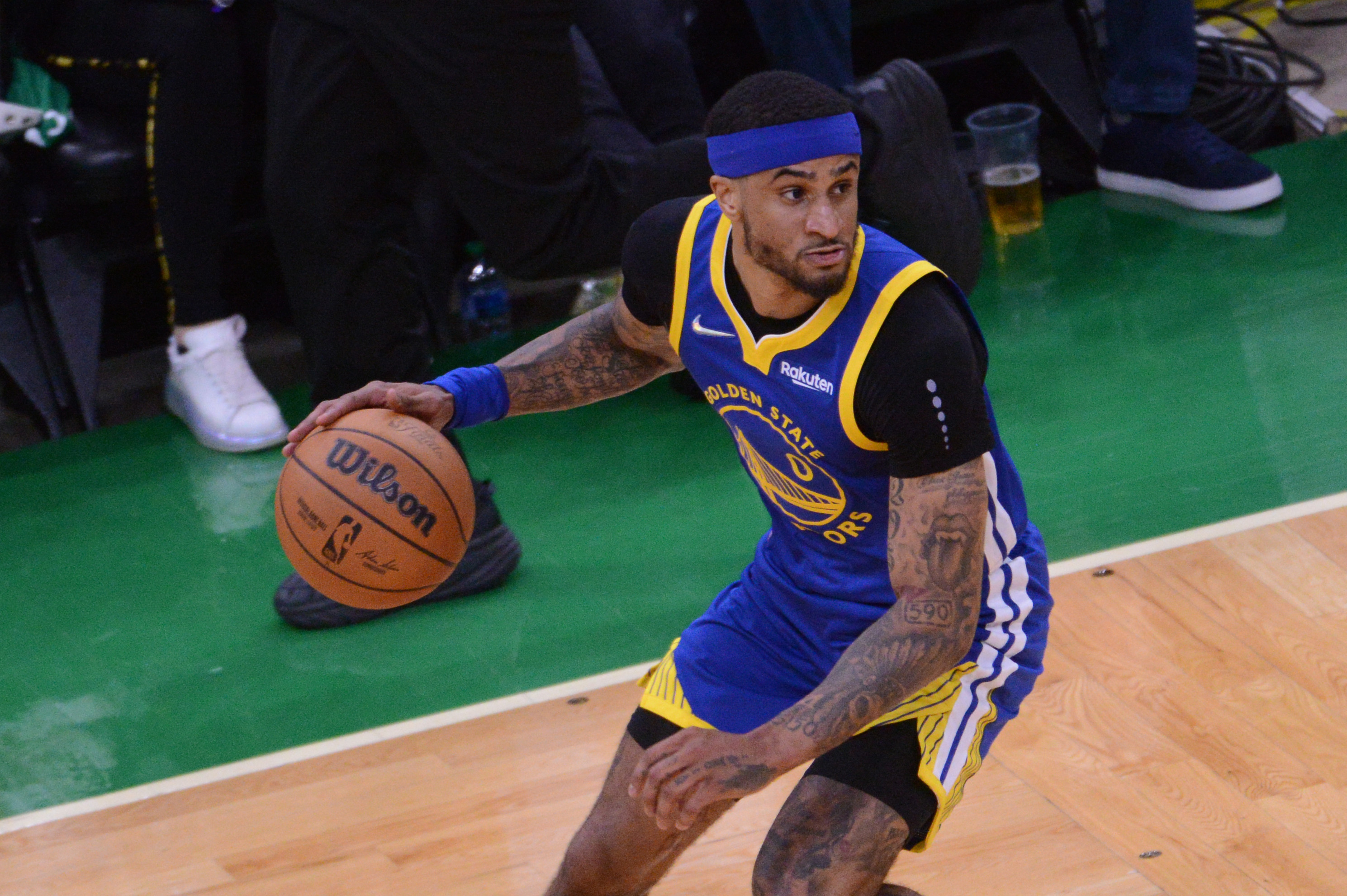
You won't find many positions less popular than "Defender of a Billionaire's Thrift," but here we are.
The story goes that the Golden State Warriors foolishly pinched pennies, and it cost them Gary Payton II (and to a lesser extent Otto Porter Jr.) in free agency. How could governor Joe Lacob let two key pieces of a title winner escape over a few measly million dollars? Are the Warriors trying to repeat or not?
First off, it wasn't just a few million bucks. Golden State offered Payton a two-year deal using the taxpayer mid-level exception that would have paid $6.4 million in 2022-23, more than three-and-a-half times the career-high $1.9 million he earned in 2021-22. The Portland Trail Blazers beat that offer by adding a third year and upping the starting salary to $8.3 million, luring Payton away. Per The Athletic's Anthony Slater, a match by the Warriors would have cost "somewhere around $15 million extra in the immediate, a whole lot more throughout the longer-term deal."
Slater also noted Payton's departure "stung several in the organization," but fans and observers seemed even more severely wounded.
And that's ridiculous.
Golden State is already in line to have the league's highest payroll by a comfortable margin. Because it has spent so far above the cap for several years, it's already the biggest taxpayer. The extent to which the Warriors have spent to build and maintain this roster is staggering.
Money aside, allowing Payton and Porter to walk will force the Warriors to entrust Moses Moody, Jonathan Kuminga, Jordan Poole and even James Wiseman with larger roles. Those players are Golden State's real investment priorities. They need to know what the kids can provide soon, as the team's aging core won't be around forever. Rather than pay Payton six or seven times what he's actually worth (factoring in those tax penalties), why not give Moody and Kuminga an extra 15 minutes per game and see if they're ready? Both showed real promise last season, and throwing them into deeper water might be the best way to see if they can swim.
Finally, the Dubs didn't eschew spending across the board. They retained Kevon Looney on a three-year, $25.5 million deal that will cost them many millions more than that in tax penalties.
Criticize ownership groups that make marginal moves to duck the tax every year all you want. Don't target the ones that might soon pay a half-billion dollars per year to preserve contender status.
The Jazz Fleeced the Wolves
3 of 5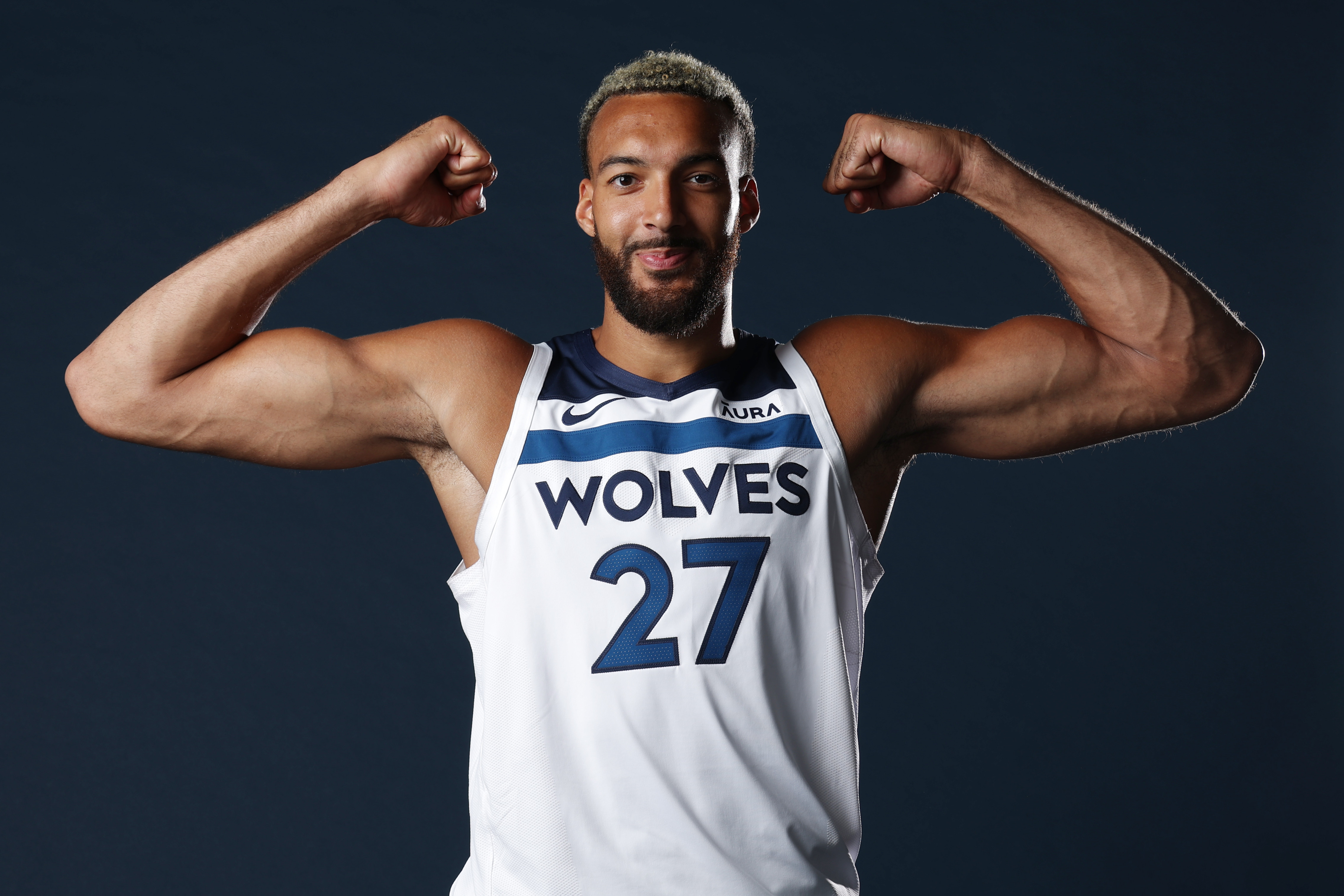
You might have to venture a level or two deeper into the cold, asset-obsessed, nerd-driven niche of NBA discourse to find it, but the idea that the Minnesota Timberwolves gave up entirely too much in their trade for Rudy Gobert is all over the place down there.
Yes, four first-rounders (three unprotected) is a lot to cough up for anyone—so much, in fact, that nobody even seems interested in the actual players the Wolves also surrendered: Malik Beasley, Patrick Beverley, Jarred Vanderbilt, Leandro Bolmaro and No. 22 pick Walker Kessler. There's no arguing that the Jazz got a haul.
And also yes, Gobert arrives with some semi-legitimate questions about his viability as a postseason weapon and justifiable concern regarding the $169.7 million he's due over the next four years.
It makes you sound like a grizzled, out-of-touch old head when you defend the Timberwolves with some version of "how can a future draft pick help us beat the Denver Nuggets this Tuesday?" but there's some sense to that sentiment in the right context. And for the Wolves, who've won three playoff games since 2005, trying and failing to build through the draft all along, the players-over-picks logic is especially valid.
The same data-driven assailants of Minnesota's asset management would also concede that Gobert is something very close to a superstar in the NBA. He is a one-man guarantee of elite team defensive performance. Moreover, he's exactly the kind of point-preventing interior force the Wolves need after ranking 27th in opponent location-based effective field-goal percentage. With Gobert as a backstop, the Timberwolves can run shooters off the three-point line, reducing those high-value looks, and trust the big man to deter attempts near the basket.
Gobert's presence on the floor coincided with a league-high 7.8 percent reduction in rim attempts last season.
He can shield Karl-Anthony Towns from difficult assignments and erase his mistakes. He can unlock Anthony Edwards as a steal-hunting ballhawk. He can create rim gravity for every teammate by rolling hard to the hole on offense. Gobert is going to make the Wolves much, much better in the regular season.
Will he put them over the top in a championship chase? Maybe not. But if all Gobert does is put Minnesota in the conversation, thereby turning all those future outgoing picks into selections that fall in the late teens or early 20s of the first round, he'll have done his job.
The Wolves have been hunting relevance forever, and they finally hit on Edwards as the draft-procured future superstar. It was time to add a veteran difference-maker, and Minnesota deserves credit for having the guts to pay what it cost to get one.
The Suns Botched the Deandre Ayton Situation
4 of 5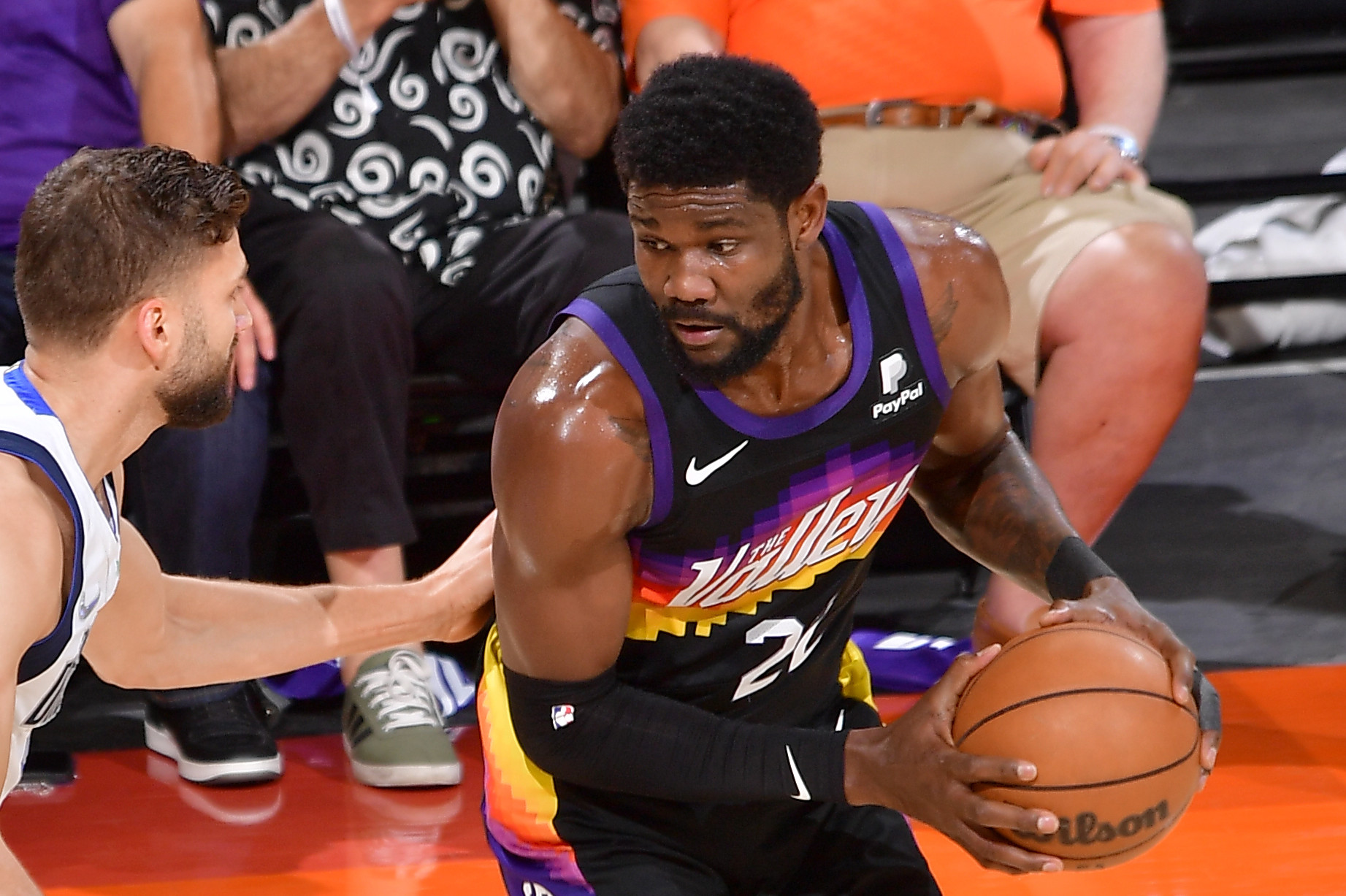
No one can deny that the situation between the Phoenix Suns and Deandre Ayton is uncomfortable and messy. But the longer the 2018 No. 1 pick remains on the team, the clearer it becomes that the Suns have played their cards right all along.
The biggest down-the-line risk that materialized when Phoenix decided against maxing Ayton out prior to the 2021-22 season was his exit in restricted free agency. Some team with cap space could have theoretically come along with an offer sheet for more money than the Suns were willing to match. That has yet to happen, and the small number of teams with enough spending power to pull that off has dwindled, leaving just two: the San Antonio Spurs and the Indiana Pacers. Either one of those clubs could still make a play for Ayton, but the fact that neither has yet suggests the center's market isn't all that robust.
What's more, Phoenix could still extract value via sign-and-trade in that situation.
Relations between Ayton and the Suns may indeed be irreparable now, and it's not a great look for a franchise to be at such odds with an important young player. But it's clear the rest of the league doesn't value Ayton as a max-level star, which justifies the Suns' stance on his extension and their decision not to make him an offer so far this summer.
That none of the Suns' key figures has come out in support of the big man speaks volumes.
Per B/R's Jake Fischer: "With Phoenix, there's far less belief the Suns will ultimately match whatever offer Ayton can draw. The relationships between him and Phoenix's other primary actors—most notably head coach Monty Williams and point guard Chris Paul—seem untenable for an Ayton return."
Awkward as it might be, an Ayton return wouldn't be a bad outcome for Phoenix. Sure, if he holds out or otherwise Ben Simmons-es the situation, it'd be a distraction for a team with championship aspirations. But Phoenix would still retain power. It tendered Ayton a qualifying offer of $16.4 million, which triggered restricted free agency but also preserved the team's option to simply bring him back at that rate for one more season. Though he'd join a new team with expectations of a fat new deal in 2023, Ayton should still be tradable this year as an expiring deal.
Not every contract negotiation runs smoothly. Sometimes, a player and team get into a standoff that makes it seem like nobody will emerge a winner. But the Suns retain all the leverage here, and Ayton is running out of options.
Keegan Murray was the Right Pick at No. 4
5 of 5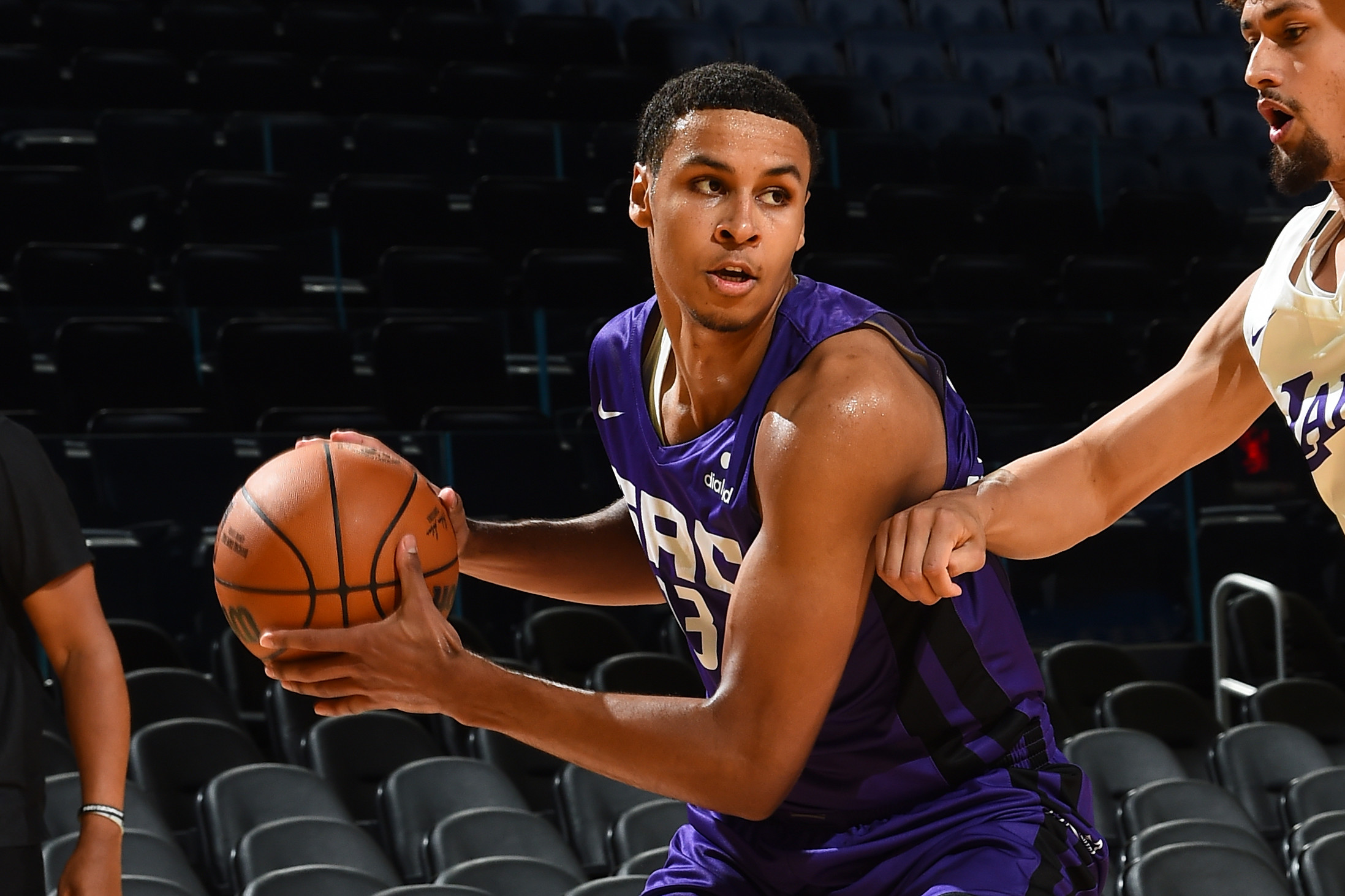
You have to hand it to Keegan Murray, the Sacramento Kings' rookie who landed in offseason headlines after a strong showing in the California Classic.
Murray led the tournament in scoring at 19.7 points per game and flashed the intriguing ability to hit shots on the move, an uncommon skill in a player listed at 6'8" who spent much of his time in college playing the 4 and 5 spots. His efforts led to fawning coverage, kindling hopes that maybe this time the Kings hadn't erred by going against the conventional wisdom that said Jaden Ivey was the player to grab with their fourth overall pick.
As a starting point that has nothing to do with Murray, we should never put stock in what happens during summer league play. But more specifically, the weaknesses Murray displayed during his first professional action should have drawn just as much attention as his strengths. Limited athletically, more survivor than shutdown weapon on D and lacking the gift of self-creation, Murray essentially performed like a quality role-filler—not a potential franchise cornerstone.
There's nothing wrong with a sweet-shooting forward who won't torpedo your defense. Everybody wants those types of players in supplementary roles, but nobody builds a team around them. For the Kings, who aren't in a position where a quality sixth man in the vein of Phoenix's Cam Johnson puts them over the top, Murray seems like too safe of a pick. He's projectable, which is paradoxically the problem.
In comparison to Ivey, an elite athlete with the potential to operate as a primary shot creator, Murray may have the higher floor. But Ivey, 18 months younger than Murray and boasting early highlights as good or better than the Kings rookie's, has the kind of skyscraper ceiling you want in a lottery pick.
Murray is going to be good, but Ivey might be great. And, not to be too harsh, but since when do three solid games from a rookie (against mostly non-NBA competition) earn the Kings and their dicey draft history the benefit of the doubt?
Stats courtesy of NBA.com, Basketball Reference and Cleaning the Glass. Accurate through 2021-22 season. Salary info via Spotrac.









